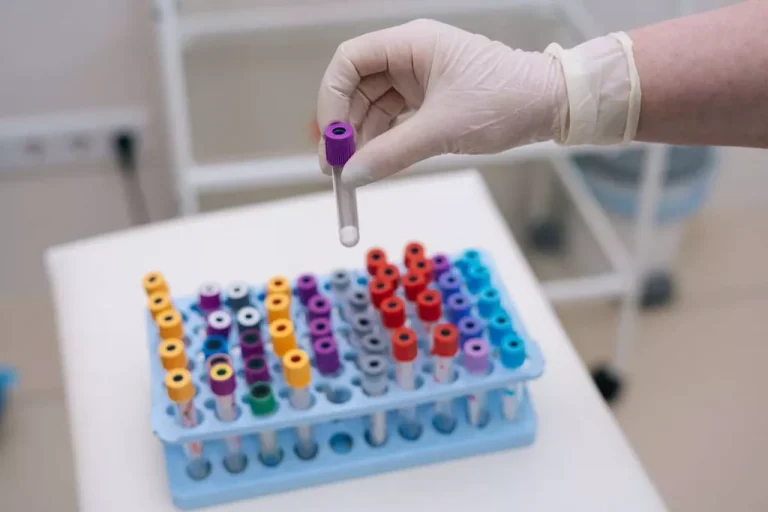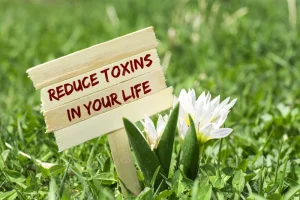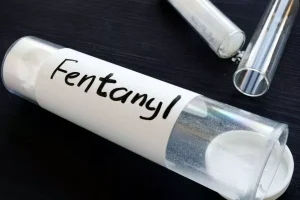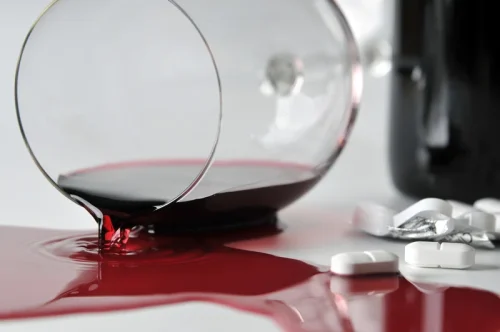
Take care to clearly outline and write this down in your recidivism prevention plan. It will give a warning and help preempt another potential slip-up and give an addict ample time to follow the relapse prevention plan when the early warning signs occur. A person may have started using alcohol or drugs to relax, unwind, or lift their mood. Therefore, during the recovery process, a person should focus on building healthy coping mechanisms for managing stress or relaxing. Often, those in recovery may feel overwhelmed at social gatherings, holidays, or certain places because they trigger cravings or old behaviors.
The Benefits of Creative Expression in Addiction Recovery

The negative thinking that underlies addictive thinking is usually all-or-nothing thinking, disqualifying the positives, catastrophizing, and negatively self-labeling [9]. These thoughts can lead to anxiety, resentments, stress, and depression, all of which can lead to relapse. Cognitive therapy and mind-body relaxation help break old habits and retrain neural circuits to create new, healthier ways of thinking [12,13]. In bargaining, individuals start to think of scenarios in which it would be acceptable to use. A common example is when people give themselves permission to use on holidays or on a trip. It is a common experience that airports and all-inclusive resorts are high-risk environments in early recovery.

Mental Health Services

Participant involvement in the planning and execution of relapse prevention group therapy is essential to promote engagement and encourage ownership. This can make the activities more relevant and effective in supporting long-term recovery. Support groups like Alcoholics Anonymous (AA) and Narcotics Anonymous (NA) are cornerstone resources for people in recovery from substance use disorders. These groups provide a structured, peer-led environment where members can share their experiences, receive support, gain strength, and stay committed to sobriety. Feelings of shame and stigma are some of the most common reasons people don’t seek help or fully commit to recovery.
Know your triggers

Warning signs are when thoughts of using change in character and become more insistent or increase in frequency. As individuals go deeper into mental relapse, their cognitive resistance to relapse diminishes and their need for escape increases. This could include avoiding friends and family, not caring for yourself, or not attending therapy or support groups. Studies show that about 4 out of 10 people who try to stop using substances will relapse at some point. That’s similar to other health problems people manage long-term, like high blood pressure. Relapse is when a person goes back to using substances after trying to stop.
Reducing Relapse Risk
Creative expression provides a healthy outlet for emotions and stress for people in recovery from substance abuse. By engaging in activities such as art, music, or writing, you get to explore and articulate your feelings, which can be cathartic and therapeutic. These creative pursuits support self-discovery, build confidence, and give you a sense of accomplishment, enhancing your overall emotional well-being. Social gatherings that can serve as relapse prevention group activities include movie nights and game nights.
Identify Actions to Take When Relapse Occurs
Creating a supportive and positive environment is crucial for relapse prevention, especially for family-centered approaches. This includes creating an atmosphere that promotes sobriety rather than addiction, where the loved one feels secure, positive, and hopeful. It involves establishing a safe space where the person in recovery can be heard and understood, without judgment or criticism. Discover Recovery Treatment Center offers a range of relapse prevention group activity options led by healthcare professionals. These activities are designed to support people in recovery from alcohol and drug abuse.
- By listing out these triggers, you can better prepare yourself to avoid or manage them effectively.
- If you’re in addiction treatment, most centers will have you develop a relapse prevention plan at some point.
- Having a supportive network of family, friends, or colleagues may make recovery easier.
- While some may never relapse, others may relapse several times at some point during recovery.
- Eventually, they stop focusing on the progress they have made and begin to see the road ahead as overwhelming [16].
- Discover Recovery Treatment Center offers a range of relapse prevention group activity options led by healthcare professionals.
The expertise of skilled facilitators helps navigate challenges, mediate conflicts, and keep discussions productive. This ensures that the group remains focused on relapse prevention and recovery goals. If you’re in addiction treatment, most centers will have you develop a https://ecosoberhouse.com/ at some point. The goal is to avoid relapse entirely, but life happens, and for many people, relapse becomes a stepping stone on the way to permanent sobriety. Adolescents face unique challenges in addiction recovery due to their developmental stage, social dynamics, and the influence of peer pressure.
- Share it with the people you spend a lot of the time with, including those who have used substances with you in the past, so they can be aware.
- Commit to talking with one or more of the support group members regularly.
- Write down a schedule of your favorite support groups and attend a meeting for additional guidance.
- Individuals in this stage might not actively think about using substances, but without intervention, they may gradually progress to the next stage.
- Outdoor group activities for relapse prevention such as hiking, camping, and walking groups promote recovery by connecting you with nature, reducing stress, and providing a sense of accomplishment.
- AA focuses on recovery from alcohol use and addiction, while NA caters to people struggling with drug addiction.
This will address various aspects of recovery and keep group members engaged over time. Sports and fitness relapse prevention group activities such as yoga and team sports promote physical health and emotional balance. The meetings usually begin with a welcome and a reading of foundational texts, such as the AA “Big Book” or NA’s “Basic Text,” which outline the principles and steps of recovery.

Within the relapse process, there are many opportunities for the individual to intervene, reengage with recovery-oriented behaviors, and get back on track with recovery. A relapse prevention planning worksheet can be helpful for those who find it difficult to write it themselves. Preventing the worsening is a critical part of all drug treatment programs and involves identifying the warning signs and triggers. Family and friends are encouraged to educate themselves on how to stop enabling an addict and help them stay clean. Some common causes of drug relapse include stress, continued exposure to people or places connected to addictive behavior, and negative emotions. A person should speak with a healthcare professional about treatments to relieve any withdrawal symptoms they may experience.
Ensuring a Supportive Environment
Recovery is a lifelong process, and setbacks are a natural part of this journey. This plan empowers you to take control of your recovery, making deliberate choices that support your long-term goals. Statistics show that a significant number of individuals in recovery experience relapse, especially within the first year of sobriety. relapse prevention plan However, having a detailed plan in place can dramatically reduce the likelihood of returning to substance use. By planning ahead, individuals can better navigate challenging situations, manage cravings, and reinforce their commitment to a sober lifestyle. Many successful treatment plans are specifically tailored to each individual.
Leave a Reply